Inexhaustibly Lonely — Review of Nomadland

Driving a car and a dog, a lover, from north to south, from east to west, rises in sea level of the first sunshine woke up, listening to the birds and beasts in the forest or in the static acerbity cries, tour the motherland great rivers, deep experience different customs and culture, the combination of these wonderful pictures is a dream in my heart forever. Nomadland is the story of a group of elderly people who are “forced” to drive around in RVs.
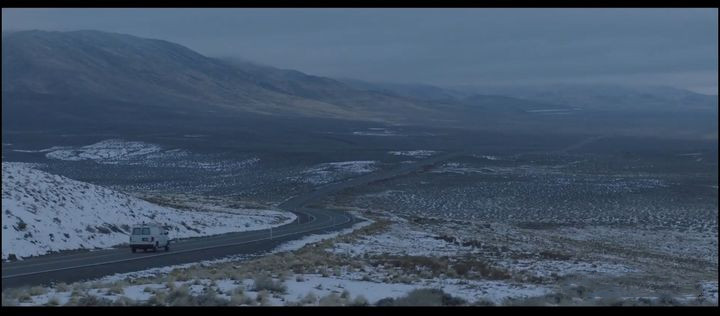
It’s a good movie. There are no special effects, no beautiful people, no fancy costumes, no twists and turns of plot. The whole play is almost based on the heroine Fern’s first vision as a narrative Angle, just like an RPG game, immersive experience of the people and things she experienced on the road.
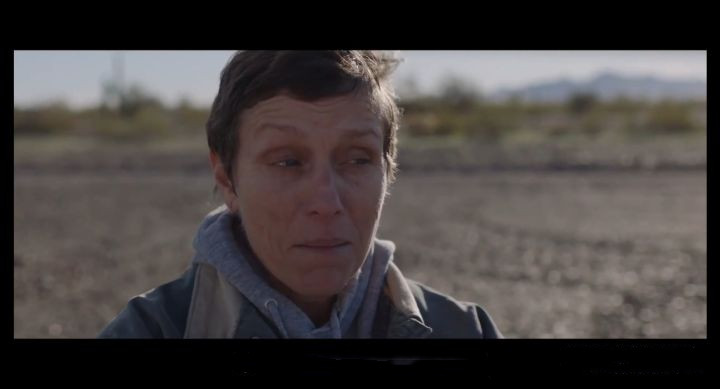
Fern is in her fifties, she has no children, her husband died of cancer more than a year ago, and the factory they worked in was forced to close down due to the impact of the financial crisis, Fern became a “double loss”, she decided to be a “nomad”, driving a dilapidated second-hand house car road. With few jobs available in the post-financial crisis economy, Fern couldn’t find a full-time job. To support herself, she had to work odd jobs, often dirty and grueling.
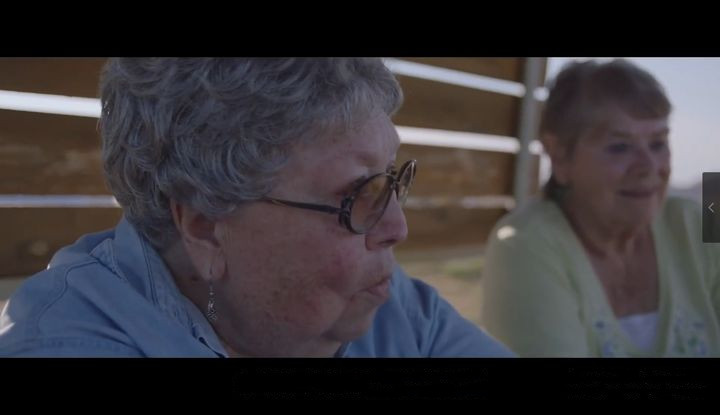
I met my friend Linda at an Amazon sorting center (she lost all her savings in the financial crisis), and I met Dave while working as a camp manager. At the annual RV conference, I met a group of like-minded friends in similar situations. They sat around a bonfire, hudding together for warmth and telling each other their life stories. Among them are Vietnam veterans with PDST (Traumatic Stress Disorder) who can’t stand the noise and the crowds and choose to be nomads. Some because of the death of a loved one, alone to start the journey of healing; There are also because of seeing friends have not realized the dream of death, determined to help friends to complete the dream and choose RV travel; Swanky, a 75-year-old cancer old man, lung cancer cells have spread to the brain, the doctor decided that she only had 7-8 months to live, calm and optimistic about the interesting things in life, smile, choose to continue on the road, only in the few remaining life to see those beautiful things again.
Fern walks in the vast western Gobi Desert of the United States with the memory and missing of her dead husband. She is cold and lonely. The film uses a large number of close-up shots of the face to record the changes of expression, and the loneliness of the characters is depicted in a subtle but powerful way. Life on the road is hard, but we can not see her complaints about hard life, and even did not leave a drop of tears, observation of animals, swimming in the stream, all reflected in the life of unremitting self-improvement, joy in the pain of optimism, strong character.
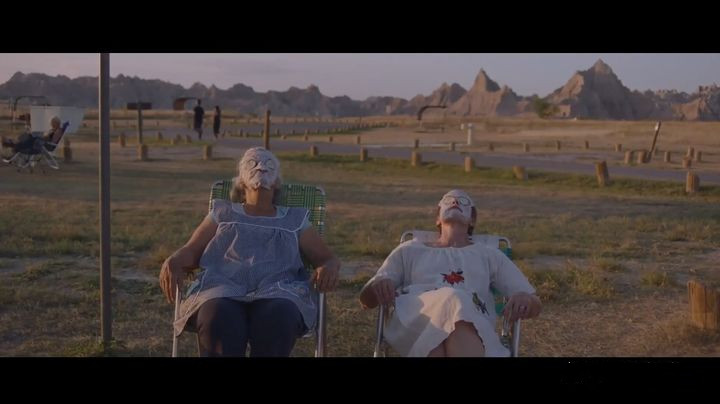
The movie is based on a work of nonfiction, and what really appeals to me is the reality presented by the film rather than the director’s representation of reality. This reality transcends national boundaries, beliefs and cultural differences, and no matter where we live, we encounter people or things that are similar to Fern. When I look at the environment of the characters in the movie, I will think of the bitter and sweet in my own life, conflict and cooperation, loss and happiness, and what happens on the screen makes my thoughts and feelings flow, which is the resonance brought by a good movie.
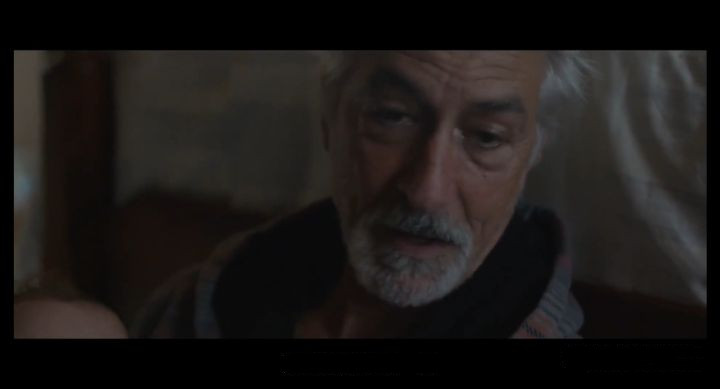
Her sister’s stay and Dave’s confession, which could have allowed Fern to live a stable life and enjoy the happiness of her family, were all given up by her initiative. She chose to continue on the road, moving from one point to the next, and the car and road became her necessities, on the road to soothe the restless soul and endless exploration.
When the beautiful piano music plays at the end of the film and Fern continues driving in the Gobi in his RV, the film ends. It is an open ending, and the uncertainty of the future makes everyone in the audience sink into meditation.
